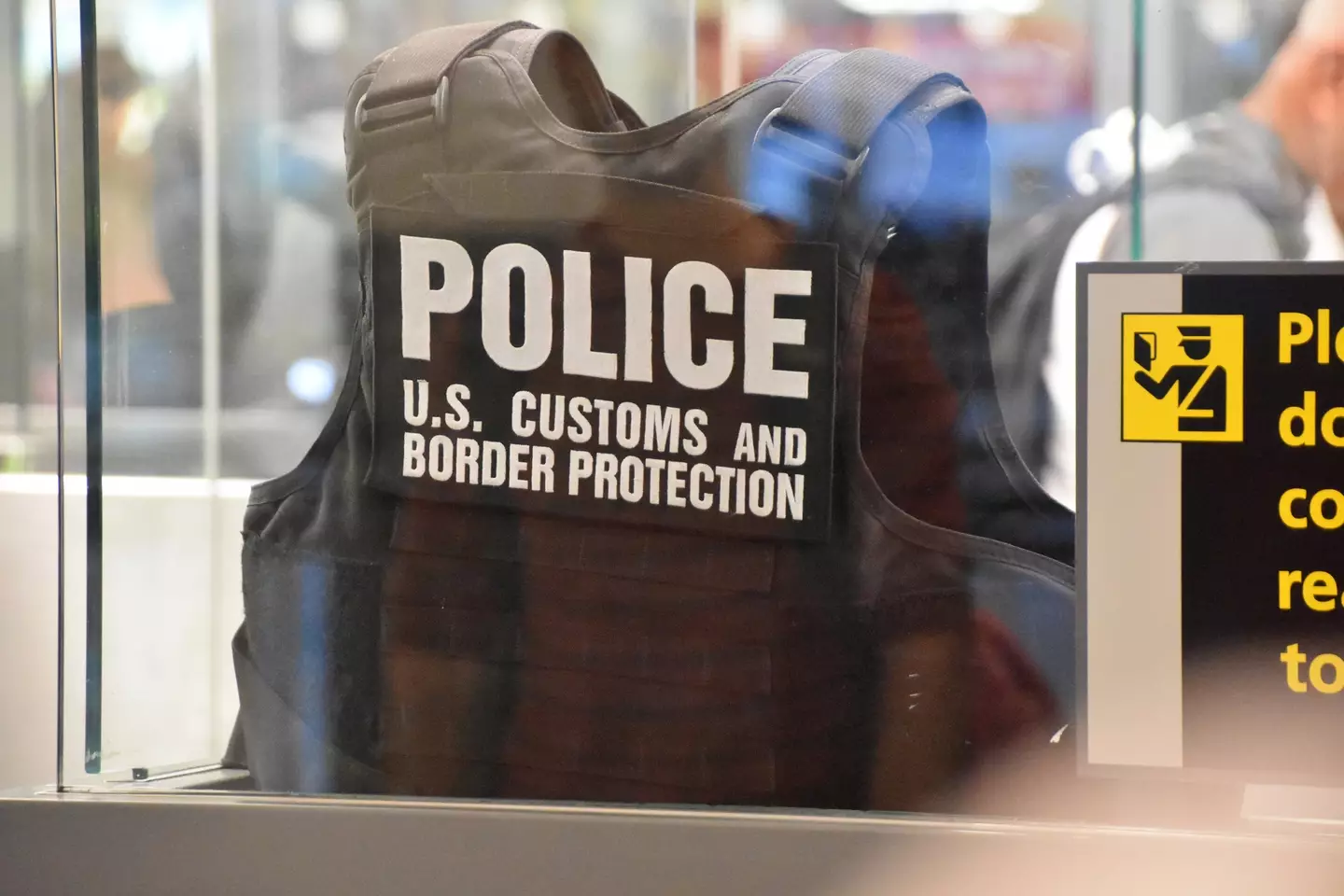Tourist claims he was denied entry into US and jailed after border agents find JD Vance meme in his phone

A European tourist claims he was denied entry into the United States and briefly jailed after border agents found a meme on his phone — a claim U.S. officials have firmly denied.
Mads Mikkelsen, a 21-year-old Norwegian national (unrelated to the actor of the same name), alleges he was detained and interrogated by U.S. Customs and Border Protection (CBP) officers at an American airport after they searched his phone and discovered a satirical meme of Vice President J.D. Vance. The image, originally posted by an X (formerly Twitter) user, depicted Vance with an exaggerated egg-shaped head.

CBP officers have the right to go through people’s electronic devices (Getty Stock Image)
Speaking to Norwegian media outlet Nordlys, Mikkelsen described the incident as “an abuse of power and harassment,” claiming CBP agents asked him about drug trafficking, terrorist affiliations, and right-wing extremism — questions he felt were entirely baseless.
He also alleged that CBP threatened him with a $5,000 fine or up to five years in prison if he refused to unlock his phone, ultimately placing him in a holding cell and denying him access to leave the airport.
CBP and DHS Deny Meme-Related Refusal
However, U.S. officials strongly deny that Mikkelsen’s meme or political content had any role in his denial of entry.
In response to an article published by MailOnline, CBP posted a direct rebuttal on X:
“Fact Check: FALSE. Mads Mikkelsen was not denied entry for any memes or political reasons. It was for his admitted drug use.”
The U.S. Department of Homeland Security (DHS) echoed this in a Facebook post:
“FACT CHECK: Claims that Mads Mikkelsen was denied entry because of a meme are unequivocally FALSE. Mikkelsen was refused entry into the U.S. for his admitted drug use. Only those who respect our laws and follow the rules will be welcomed into our country.”
Electronic Device Searches at the Border
The incident has reignited public attention on the U.S. policy allowing border agents to search travelers’ phones and digital devices. According to the CBP’s own policies, “All travelers crossing the United States border are subject to inspection,” and while device searches are described as rare, they are fully legal under current U.S. law.
Civil liberties advocates have raised concerns over the practice, especially with biometric unlocking (like Face ID or fingerprint), which some legal experts argue may not be protected under the same Constitutional rights as passwords.
While the full details of Mikkelsen’s case remain unclear, it underscores the heightened scrutiny foreign travelers may face when entering the U.S.—and the increasing role that digital content can play in border decisions.





